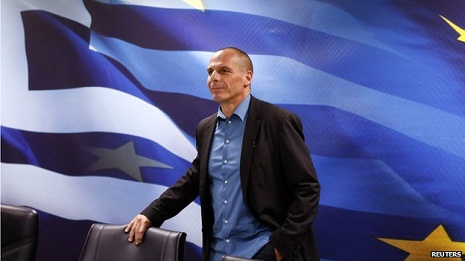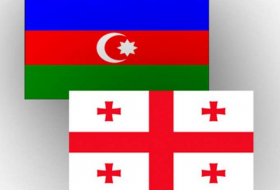The move makes access to cash more expensive for Greece`s banks.
The ECB said the suspension came as it could not assume a "successful" deal on Greece`s €240bn (£179bn) bailout.
The newly-elected Greek government is in talks with international creditors over the terms of its bailout, which it thinks are too harsh.
The Greek finance ministry said the ECB`s decision, which is due to come into effect on 11 February, would have "no adverse impact" on the country`s financial industry.
It said the sector was "fully protected" with other options still available.
`Get a deal`
Banks can still access funding through the Emergency Liquidity Assistance (ELA) programme, run by Greece`s central bank, and at a much higher cost to the banks.
According to the Greek newspaper Kathimerini, the interest rate is 1.55%, compared with 0.05% on regular ECB financing.
Earlier on Wednesday, Greek Finance Minister Yanis Varoufakis, met the ECB`s president Mario Draghi to discuss the country`s bailout.
Analysts said the ECB statement was a sign the meeting had not been a success.
"This is clearly the ECB signalling to the Greek government: You`re going to have to talk to [international lenders] the troika and get a deal,`` Jacob Kirkegaard, senior fellow at the Peterson Institute for International Economics told the Associated Press.
"Otherwise, really bad things are going to happen.``
The euro fell sharply against the dollar on the news, dropping more than a cent to $1.1331.
Mr Varoufakis is due to meet his German counterpart, Wolfgang Schaeuble, on Thursday, one of the toughest critics of the new Greek government.
More about:
















































